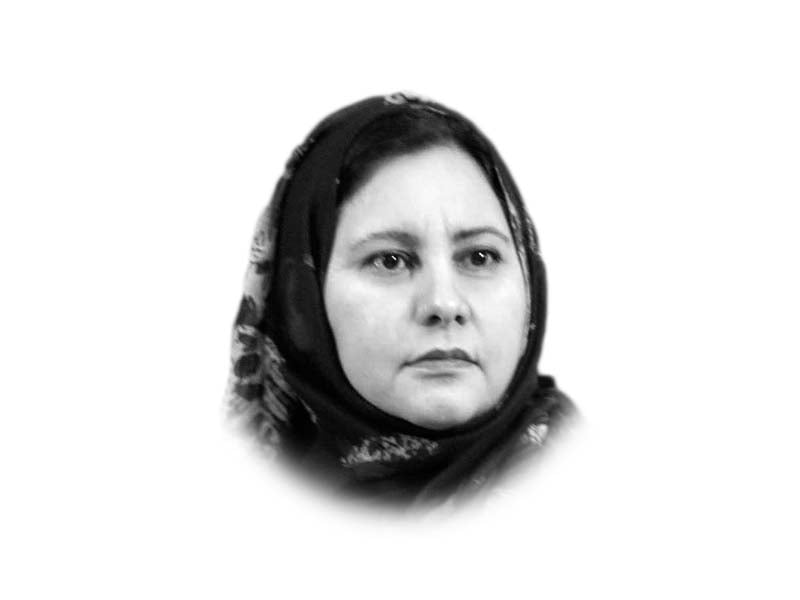
Prime Minister Abiy Ahmed is from the same Ethiopian People’s Revolutionary Democratic Front (EPRDF) party that was established by the Tigray People’s Liberation Front (TPLF) and came in power in 1991. Now after 29 years, the Tigray is at odds with the EPRDF. What factors have led to this confrontation?
If you look at the map of Ethiopia, you see an enormous country that has deliberately been made landlocked because Italy had to carve out its long coastal strip as a separate country, when it colonised it in the 1880s, naming the new state Eritrea.
Eritrea was formalised as an Italian possession in the Treaty of Wuchale with Emperor Menelik II of Ethiopia after Italy’s defeat in the Battle of Adua (1913). Later, Menelik claimed that he had been tricked by the translators on the contents of the treaty. This has been the root of the long war between Ethiopia and Eritrea from 1961 to 1991, wherein Eritrea was fighting for its independence and Ethiopia for its right to touch the coast.
Ethiopia is the same Abyssinia, ruled by the Christian King Ashama ibn Abjar (Al Negashi) of the Axumite Empire, who had given safe refuge to the contingent of the Sahabah (RA) of the First Hijra. Because of this Prophet Muhammad (peace be upon him) had instructed his followers to remain in peace with Axum. And because of this, there had been no Muslim military expeditions towards Abyssinia and the Horn of Africa and Islam came to these lands only by way of preaching.
Taking Eritrea away from Ethiopia was not the only sin of colonial map-drawing, they also drew the lines in ways that many ethnic polities were divided across borders. So, the Somali province of Ethiopia, inhabited by ethnic Somali people, was taken away from Somalia and given to Ethiopia. This again has been the reason for much warfare between the two states and also the reason for the establishment of the Western Somali Liberation Front (WSLF) that continuously makes trouble for the Ethiopian authorities.
Ethiopia’s relation with its northern neighbours, Egypt and Sudan have also been at odds over the construction of the Grand Ethiopian Renaissance Dam (GERD) over the Nile River. Egypt and Sudan have launched joint military exercises this month, dubbed the Nile’s Eagles-1, and Addis Ababa sees these exercises as a threat.
Moreover, the increasing number of military bases of foreign countries in Djibouti, Eritrea and Somalia also raises concerns for Ethiopia’s national and regional security interests. Many times, opposing forces are being stationed in the same areas and their mere presence creates tensions and influences.
Like most African countries, Ethiopia also has porous borders and because many African states are rife with internal conflicts, these borders often become safe havens for refugees fleeing violence. Ethiopian border lands have also harboured a mounting refugee influx from South Sudan and Eritrea. The refugee camps in turn become safe havens for militia activities and proliferation of arms, which then plays a role in strengthening militias inside the country. In fact, the 2019 Organized Crime Index recognised arms trafficking as the most significant in Ethiopia, “mainly due to the trafficking of arms across the border with Sudan”; and because “Ethiopia has armed forces in Somalia outside the control of the federal government”.
This is one of the reasons why the Tigray’s TPLF has the resources and strength to act in defiance of the central government in Addis Ababa — because outside actors are always there to help aggravate the situation. Like in most African states, there are many international forces who have stakes in keeping African countries destabilised, some for controlling their mineral wealth, and some for controlling their strategic value. Ethiopia can also not be an exception.
At the moment it may not be assessable but it is probable that the TPLF may have the backing and support of Sudan and Egypt who are both skeptic of Ethiopia’s GERD project, and while the United States is standing with the Abiy government, it also has a stake in pleasing Sudan that has agreed to normalise relations with Israel last month.
As the conflict becomes protracted, the TPLF forces have also bombed the airport in neighbouring Eritrea’s capital. Tigray’s self-assumed President Debretsion Gebremichael has claimed that his troops are fighting “16 divisions” of the Eritrean army, which would mean that Eritrea is actively involved in the conflict.
The Tigray region holds only 6% of Ethiopia’s population, yet the TPLF has dominated the country’s politics for three decades. Now, post 2015 nationwide resistance, TPLF’s influence has weakened, a position they are not ready to accept. Abiy’s bid to merge the ethnic and region-based parties of the EPRDF into a nationwide ‘Prosperity Party’ has further threatened the power of the TPLF. So, when Abiy announced the postponement of national elections due in August because of the coronavirus pandemic, the Tigray decided to hold their own elections, forming their own regional government in September. Abiy dismissed the Tigray polls as illegal. On November 4, TPLF attacked an Ethiopian National Defense Force headquarter, starting the present conflict.
Since his appointment in 2018, PM Abiy has initiated several reforms, like releasing political prisoners, allowing exiled opposition leaders to come home and by mending Ethiopia’s relations with its long-time enemy, Eritrea — a move that earned him a Nobel Peace Prize. The people of Ethiopia see in him a hope of uniting the ethnicities and bringing economic progress yet the wavering law and order situation amid militia violence and now this civil war are creating doubts.
Meanwhile, stakeholders are not sitting idle. Minister for Foreign Affairs Redwan Hussein has recently accused director-general of WHO Tedros Ghebreyesus of being “fully engaged in soliciting diplomatic and military support” for TPLF in many parts of the world. Tedros was previously a TPLF leader.
The EU has also hinted their support for Tigray, when it said that “the situation in Tigray region, the ethnic-targeted violence, the allegations of atrocities and the human rights abuses are of deep concern.”
It is to be seen if the world will stand behind Abiy to strengthen the democratic process or fall for selective interests.
Published in The Express Tribune, November 27th, 2020.
Like Opinion & Editorial on Facebook, follow @ETOpEd on Twitter to receive all updates on all our daily pieces.





1730959638-0/trump-(19)1730959638-0-165x106.webp)







COMMENTS
Comments are moderated and generally will be posted if they are on-topic and not abusive.
For more information, please see our Comments FAQ